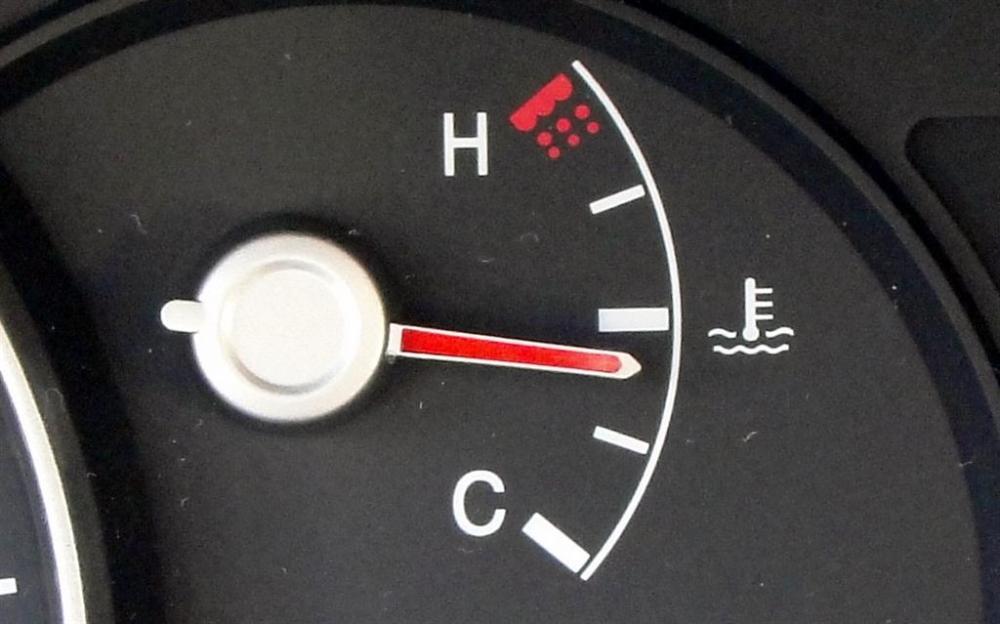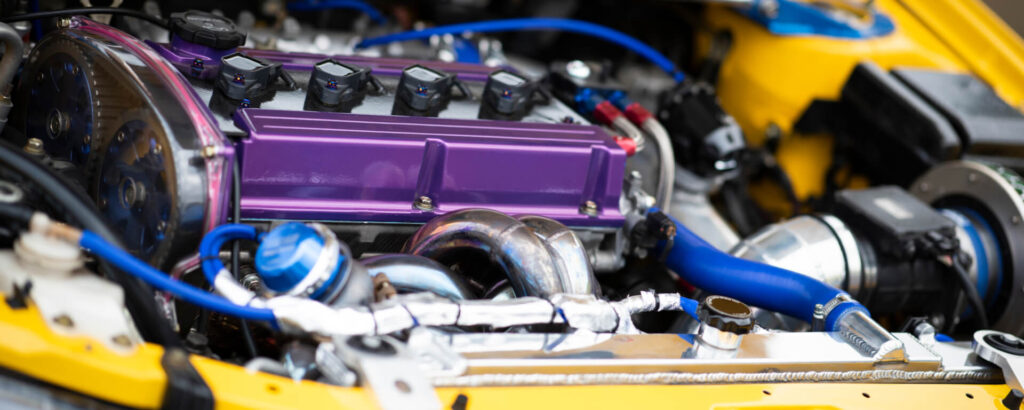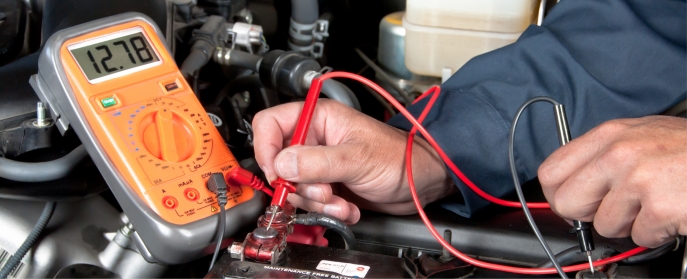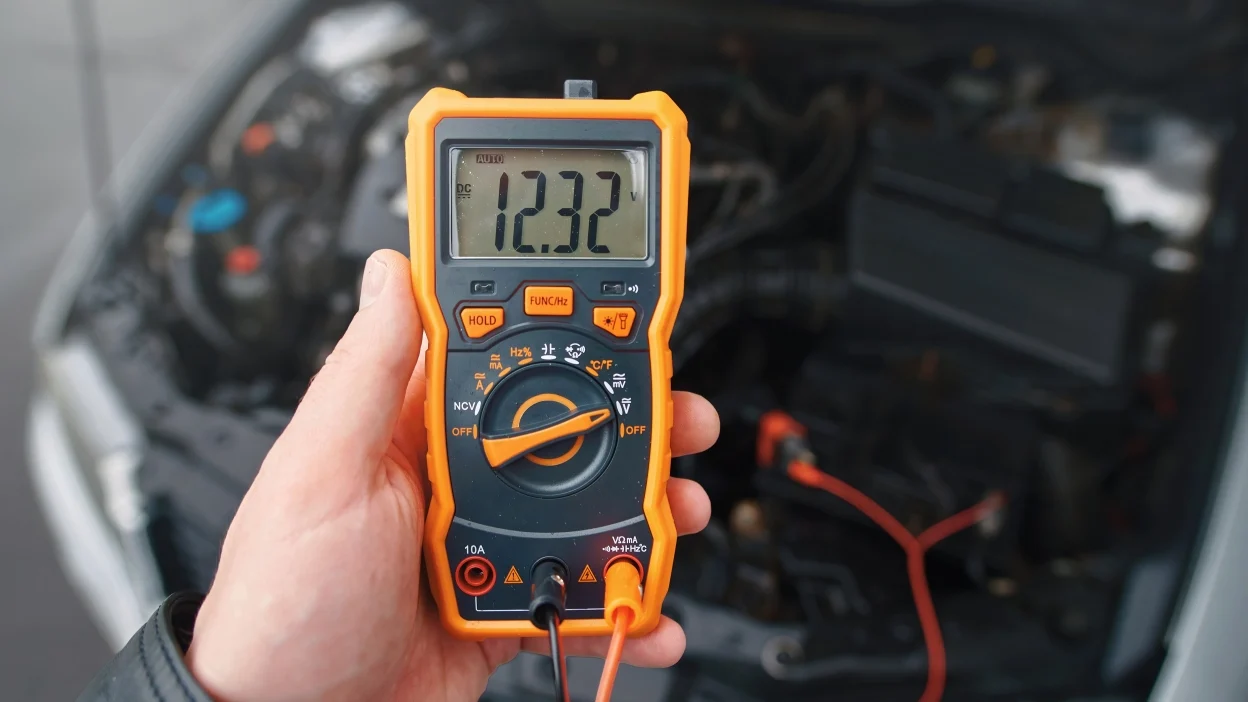To reduce car engine temperature, turn off the A/C and turn on the heater. Next, safely pull over and shut down the engine.
Maintaining an optimal engine temperature is crucial for your vehicle’s performance and longevity. Overheating not only poses a threat to engine components but can also lead to engine failure, resulting in costly repairs. Whether you’re cruising the streets of Austin, Texas, or traversing a remote highway, knowing how to manage your car’s engine heat is a skill every driver should possess.
Sudden spikes in engine temperature demand immediate attention, and taking the right steps can save your engine from severe damage. Regular maintenance ensures cooling systems work efficiently, but in the event of overheating, swift action is key. By mastering the essential tactics to cool down an overheating engine, drivers can avoid the inconvenience and expense of unscheduled mechanic visits.

Credit: www.firestonecompleteautocare.com
Recognizing The Signs Of Engine Overheating
An overheating engine is a clear distress signal from your car that demands immediate attention. Identifying these warning signs early can save you from costly repairs and potential hazards. Let’s delve into the symptoms and underlying causes of an overheating engine before the issue escalates.
Understanding The Causes Of Engine Overheating
- Coolant issues: Low levels or incorrect types can lead to reduced heat dissipation.
- Radiator problems: Blockages, leaks, or damages can impair cooling efficiency.
- Thermostat failure: A malfunctioning thermostat may prevent coolant flow.
- Water pump defects: Responsible for circulating coolant, a faulty pump can cause overheating.
Recognizing the cause is the first step in addressing engine overheating and ensuring the longevity of your vehicle.
Interpreting The Temperature Gauge
| Gauge Reading | Condition |
|---|---|
| Midpoint | Normal |
| Rising towards ‘H’ | Overheating signal |
| In the red zone | Danger |
Take immediate action if the needle edges toward the ‘H’ or enters the red zone to prevent engine damage.
Identifying Steam Or Leakage
- White steam, which can be mistaken for smoke, suggesting that the coolant is boiling over.
- Puddles or drips under the car, particularly of a green or orange liquid, which is engine coolant.
- Unusual smells: A sweet odor indicates leaking coolant, while a burning smell might point to overheated components.
Never ignore these red flags. Stop your vehicle safely and investigate the cause as soon as possible.
Immediate Actions To Cool An Overheated Engine
Experiencing an overheated engine demands quick intervention to prevent damage. Turn off your A/C and crank the heat to full blast, which helps transfer heat away from the engine. If the temperature remains high, safely pull over, turn off the engine, and allow it to cool before checking coolant levels.
Turning On The Heater
- Set your heater to the highest temperature setting.
- Turn the fan to its maximum speed.
While this may cause discomfort inside the vehicle, it’s a necessary trade-off to prevent engine damage.
Turning Off The Engine And Waiting
- Find a safe place to pull over.
- Turn off the engine.
- Do not attempt to open the hood immediately as the high temperature can cause injury.
- Wait at least 15 minutes for the engine to cool down before checking any components like the radiator or coolant levels.
Remember, never open the radiator cap while the engine is hot as it can result in a dangerous release of pressurized coolant.
Preventive Measures To Maintain Engine Temperature
To maintain optimal engine temperature and prevent overheating, routine checks and maintenance of the cooling system are vital. Ensuring the coolant is topped up and the radiator is functioning properly are key steps to keep your car’s engine cool.
-
Checking And Cleansing The Radiator
- Ensuring Sufficient Coolant Levels
- Regular Inspection For Leaks Or Blockages
Long-term Solutions For Engine Temperature Control
Maintaining optimal car engine temperature requires strategic cooling techniques and regular maintenance. Implementing a robust cooling system, such as high-quality coolant and a well-functioning radiator, ensures long-term engine temperature control. Efficient airflow management and periodic system checks also play critical roles in keeping engines cool during operation.
Upgrading The Cooling System
Adequately upgrading the cooling system can bring about a notable difference in your engine’s temperature regulation. Consider the following enhancements:
- Enhanced Coolant Additives – Using premium coolant additives improves heat transfer and reduces boiling points.
- High-Performance Water Pump – Upgrading to a water pump with increased flow capacity can significantly improve circulation of coolant.
- Aftermarket Thermostat – A low-temperature thermostat can help your engine stay cooler during extreme conditions.
Using High-efficiency Radiators
| Feature | Benefit |
|---|---|
| Increased Core Thickness | Moves more coolant and provides greater cooling potential. |
| All-Aluminum Construction | Offers superior thermal conductivity over traditional materials. |
| Advanced Fin Design | Promotes effective air passage and heat exchange. |
Professional Inspection And Maintenance
Consistent professional inspection and maintenance go a long way in preventing overheating. Trained technicians can offer:
- Thorough inspection of the cooling system for leaks or damage.
- Pressure testing to ensure the radiator cap maintains the correct pressure.
- Coolant flushes and replacements with the appropriate intervals.
Frequently Asked Questions
How Can I Cool Down My Car Engine?
To cool down your car engine, turn off the air conditioner, turn on the heater, and pull over safely to let the engine rest. Check and top off coolant if needed once the engine is cool.
How Can I Make My Engine Run Colder?
Use a high-quality coolant and ensure your radiator is clean. Regularly check and maintain your coolant levels. Consider installing a larger or more efficient radiator for better heat dissipation. Keep your engine well-tuned and service your vehicle as per schedule.
What To Do If Engine Temp Is High?
Pull over safely, turn off the engine, let it cool, check coolant levels, and seek professional help if necessary.
How Do I Get My Coolant Temperature Down?
To lower your coolant temperature, turn off your air conditioning, turn on the heat, ensure coolant levels are correct, and stop the vehicle to let the engine cool.
Conclusion
Keeping your car engine cool is crucial for vehicle longevity and performance. Regular maintenance is key, so check coolant levels often. Employ the tips shared to avoid overheating; an attentive driver is the best defense against high engine temperatures. Drive safe, and keep that engine humming at the right heat.





Leave a Reply